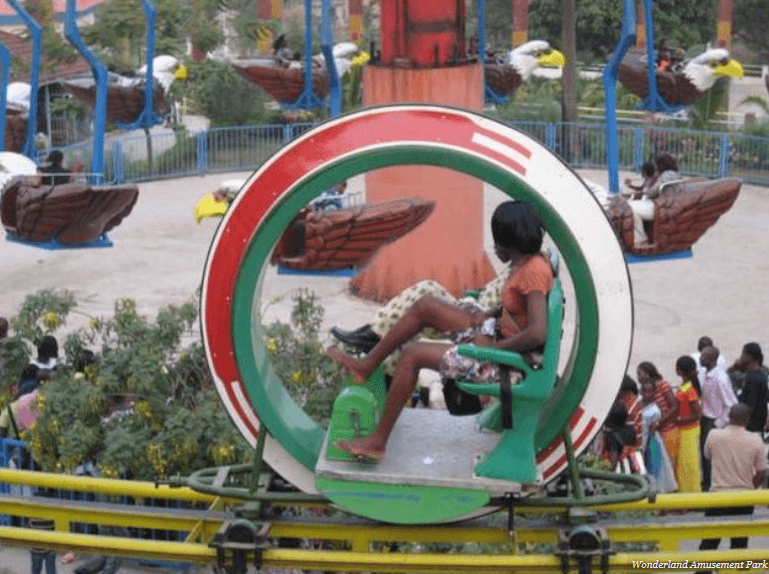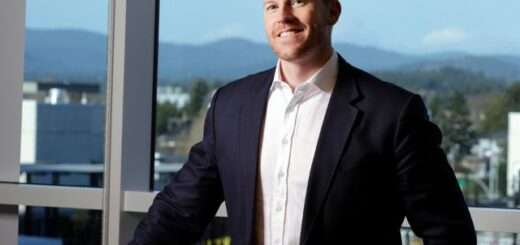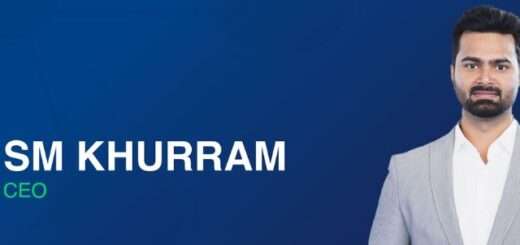The US added Two Lebanese Linked with Hezbollah running an amusement park in Nigeria to SDN List

The US Treasury Department’s Office of Foreign Asset Control added two Lebanese to its Specially Designated Nationals SDN list on February 26. The two men, Fouzi Reda Darwish Fawaz and Mustapha Reda Darwish Fawaz, are living and working in Nigeria.
The two men who are suspected to be members of the Hezbollah terrorist group, according to the department, have had their businesses added to the sanctions list. What this means is that the US believes that those businesses are used to further Hezbollah’s activities, which is active on every continent on earth, with a strong base in Iran.
It was though noted on Twitter by Sam Cutler, a sanctions law expert, that businesses 50% or more by SDNs are automatically blocked and may be subject to designation. Three businesses which include a supermarket (Amigo in Wuse II, Abuja, Nigeria’s capital), Wonderland Amusement Park and Resort in Abuja and an innocuously named enterprise in Kano, KAFAK ENTERPRISES LIMITED, were added to the SDN list.
In 2013, an article on Haaretz reported that the Fawazs store weapons in the amusement park. The article also noted that the supermarket alone was estimated to be worth $35 million, while the two commanded a multimillion-dollar retail enterprise that benefited Hezbollah.
According to the treasury citation, “Mustapha Fawaz seemed to have fruitful diplomatic contacts; he provided Hezbollah with a report of his visit to the US embassy in Nigeria.” The US Treasury also alleged that he exploited his supermarket’s international clientele, using special cameras to “monitor the movements of expatriates, especially Israelis.” Wonderland remains a well-known landmark in the Nigerian capital. The park’s opening ceremony in 2007 was attended by then-president Chief Olusegun Obasanjo.
Wonderland Park occupies some 330,000 square meters. It’s an ultra-modern world-class recreation centre, the first and the biggest most equipped amusement park in the whole of Nigeria, a country of over 170 million people. Many elites and top citizens visit the site with their wards either on special days or just to have some fun. I have been to the park twice, meeting in one occasion Nigeria’s most capped footballer and former Arsenal player, Kanu Nwankwo, with his family.
The Park has a Ferris wheel, a small roller coaster, restaurants, an arcade, a climbing wall, and an attractive entry gate designed like a medieval castle. The Fawazes were apparently highly public, well-known, and well-connected entrepreneurs with a diverse assortment of businesses.

Children @ The Park
There’s a longstanding concern that Hezbollah has penetrated Nigeria. In May of 2013, a Hezbollah arms cache was found in northern Nigeria, while an illicit Iranian weapons shipment was impounded in a Nigerian port in 2010.
The Fawazs were charged in Nigeria over their Hezbollah connections in 2013. While investigations were on, their businesses were closed down and heavily guarded by armed police officers and the army.
It took the US Treasury almost 2 years to sanction the Fawazees. Jonathan Schanzer, the vice president for research at the Foundation for Defense of Democracies and a former terror finance analyst for the US Treasury, says that the US might have waited to list the Fawazes and their businesses because they wanted a comprehensive idea of the size of their business network and its connection to US-designated groups.
Schanzer says that a Treasury listing of Hezbollah-linked entities may be a subtle way to maintain pressure on the Lebanon-based group’s main state sponsor: Iran. “On a broader level, we have seen increased congressional interest in going after Hezbollah because Treasury’s hands are somewhat tied so long as the [nuclear negotiating] process drags on.” Listing these entities at this point digs into Hezbollah financing “without explicitly hitting Iran,” Schanzer says.




